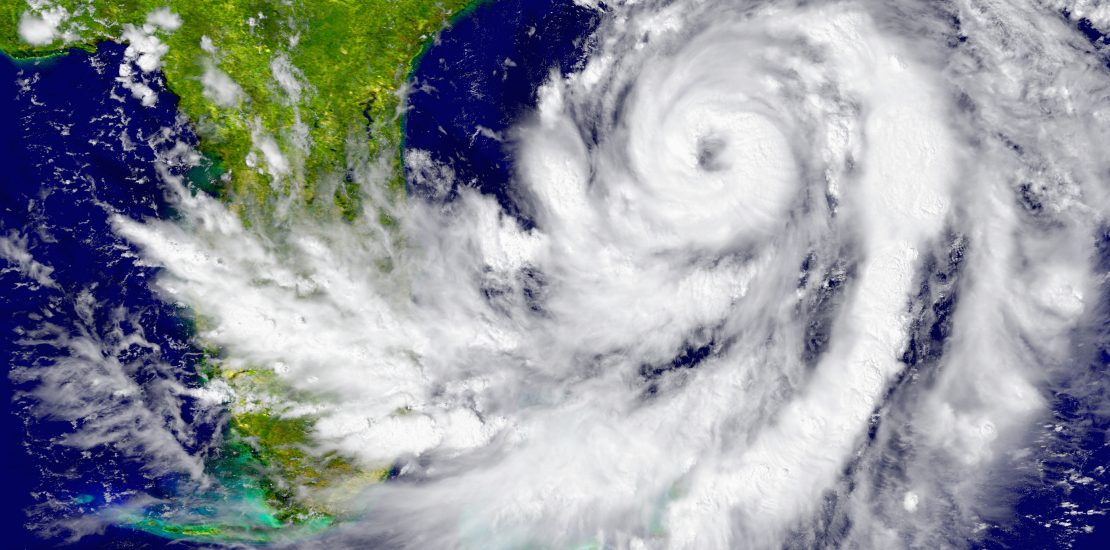- September 1, 2021
- Posted by: admin
- Category: Blog, Florida Contractor License

The 2021 hurricane season is definitely above-average in activity. The National Oceanic and Atmospheric Administration said the number of expected named storms (winds of 39 mph or greater) is 15 to 21, including 7 to 10 hurricanes with winds of 74 mph or greater, of which 3 to 5 could become major hurricanes with winds 111 mph or higher.
Hurricane Ida just left thousands in Louisiana without electricity, water, and gas.
The season is not even close to done, so it’s important to be prepared before, during, and after as a contractor. Storms bring a lot of work for contractors in the aftermath.
As a contractor, it’s important that you are licensed if you plan to work on homes or businesses that received damage from any hurricane.
Before a person hires a contractor, they should verify if you are licensed. People can contact the Department of Business and Professional Regulation (DBPR) to ask for the contractor’s licensed number. The DBPR can be reached at 850-487-1395 or at www.myfloridalicense.com.
In Florida, a contractor must have their license number on their business card and any advertising material. In the state of Florida, any type of contractor (plumbing, roofer, HVAC, electrician) needs to have a license. It’s essential for Florida contractors to be licensed and build to code to ensure your homes are safe from future storms.
If you see any suspected unlicensed activity in Florida, you can contact the DBPR and report the situation by emailing theme at ULA@myfloridalicense.com, calling the Unlicensed Activity Hotline at 1-866-532-1440, or using the DBPR mobile app.
Wild weather poses unique challenges for contractors – whether they’re installing solar panels, repairing swimming pools or remodeling homes. Here are some things to consider as the hurricane season advances into September:
–With storms developing by the week, it’s important to keep tabs daily – or even hourly — on changes in weather systems, so that project schedules can be adjusted at job sites.
–Communicate regularly with workers about emergency procedures and safety plans. The federal Occupational Safety and Health Administration (OSHA) publishes guidelines for storm preparedness.
–With major storms closing in, contractors should clean up and secure work sites, especially those with heavy machinery and equipment. Objects such as portable bathrooms, garbage bins, tools and loose building materials can turn into damaging projectiles during high-wind events. Board-up windows and seal doorways, and expect localized flooding.
In a storm’s aftermath, when the demand for emergency repairs is high, don’t get caught performing unlicensed work. Roof repairs, the installation of new windows, plumbing work, electrical rewiring and the rebuilding of marine docks all require a license – and not just one single license. The penalties for performing unlicensed work, even for first-time offenders, are stiff — up to one year in prison or 12 months of probation, and a fine of $1,000.
Have any questions about hurricane preparedness or hiring or becoming a licensed contractor? Our team at Licenses, Etc. is always willing and able to help. Call us at 239-777-1028 or email us at support@licensesetc.com. If you have an additional questions about getting your Florida contractor’s license, don’t hesitate to ask, or visit our Florida contractor’s license page.
Leave a Reply
You must be logged in to post a comment.
